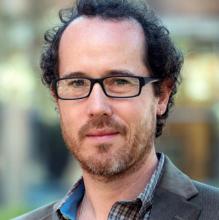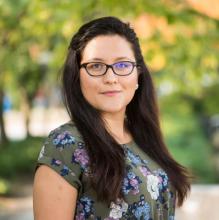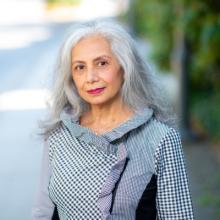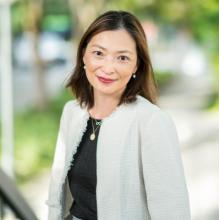Having worked with people who use drugs in harm reduction for over a decade, Alissa addresses critical health equity issues not separate from the community, but rather for and with them. In collaboration with the BC Harm Reduction Strategies & Services Committee, peer-run organizations, and people who use drugs, her research designs harm reduction solutions to mitigate equity issues through capacity building and empowerment.
Research Description
The BC Centre for Disease Control seeks to improve the health of British Columbians by seeking province-wide solutions to specialized health care needs in collaboration with BC health authorities and other partners. As part of the BC Centre for Disease Control Harm Reduction Program, the Peer Engagement & Evaluation Project (PEEP) aims to improve equity in harm reduction services in British Columbia. This research project is a collaboration between the BC Harm Reduction Strategies & Services Committee, peer-run organizations, and people who use drugs. My work underlines peer engagement as essential to better understanding local risk environments, which has direct implications for policy and programs nationally and internationally. The larger project is supported by funding through the UBC Peter Wall Institute for Advanced Studies, University of Victoria's Equity Lens in Public Health, BC Ministry of Health, BCCDC and regional health authorities (Fraser, Interior, Island, Northern & Vancouver Coastal). To date, we have engaged with five peer research assistants across all five health authorities, and have collected data in 2-3 towns per region through peer-facilitated focus groups.
What does being a Public Scholar mean to you?
The Public Scholars Initiative comes at a unique time in my academic and professional career. My work thus far has been centered on creating meaningful connections with peers and the production of knowledge; both indirectly through research and directly through peer engagement. Being a public scholar has given me confidence to take risks, be more creative (both with my questions and approach), and focus on knowledge translation/exchange with not only the public, but also the community I work with.
In what ways do you think the PhD experience can be re-imagined with the Public Scholars Initiative?
My PhD project is participatory in all aspects, including knowledge translation. The ways in which the results of my study will be translated back to peer, academic, practice, and policy communities will be interactive and creative. The results of my findings will identify certain "action items" that will be brought back to the local context; regional convergences will behave as a catalyst and opportunity to strategically roll out these action items. Findings from my doctoral research will be presented in interactive and visual ways, such as short videos, summary briefs and blogs. A curriculum or a facilitation guide//training module that can be used by peers and/or service providers will be used to initiate discussions about peer engagement within their own networks. These materials will be used for local/regional presentations, as well as national or international conferences, and through websites and social media (Facebook, Twitter) associated with partner agencies.
How do you envision connecting your PhD work with broader career possibilities?
All of my work has been and will continue to be interdisciplinary, participatory, and inclusionary. Through my doctoral research, I will not only gain better insight into the connections between research, policy, and public (in this case, peers), but I will also gain direct experience and will be able to network across all three of these domains. Recognition from the Public Scholars Initiative in support of my doctoral studies has been inspiring; it has reinforced my commitment to the field and tremendously impacted my career trajectory in the short and long term. It has further granted me the freedom to dedicate myself to trying to answer the critical social justice issues I am so passionate about.
How does your research engage with the larger community and social partners?
My research engages the community; people who use drugs, or peers; as equal partners in research and decision-making. Peer engagement is not just engaging with peers; it is engaging with the public, policy/program makers, researchers, and practitioners.
Why did you decide to pursue a graduate degree?
After working in community based research and harm reduction in the United States for two years, I realized I wanted to start asking bigger, more impactful questions that would influence policy and practice.
Why did you choose to come to British Columbia and study at UBC?
My decision to study at UBC was threefold: 1) it is uniquely positioned in a province that has some of the most (i.e. Vancouver) and least (i.e. rural and remote communities) progressive drug policies in the country; 2) to work with my supervisor, Dr. Jane Buxton, who leads the province-wide harm reduction program through the BC Centre for Disease Control; 3) to challenge myself in a school focused on statistical and epidemiological methods.
Peer engagement is not just engaging with peers; it is engaging with the public, policy/program makers, researchers, and practitioners.




